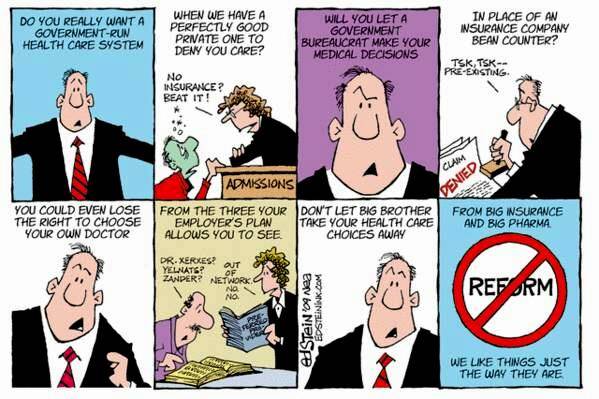Cecilie1200
Diamond Member
- Thread starter
- #21
except they don't. Holland and other European nations do not have single payer systems.No it doesn't.
Are there things wrong with it? Yes.
Room for improvement? Lots.
Should they be focusing on fixing and improving on what we already have? Yes.
Should the government be concocting a new jumbo-sized health care bureaucracy that will introduce gobs of red tape, that will cost way more money than what they're claiming, that will work less efficiently, that we can't afford, and that has much less to do with health care and much more to do with growing the government control over our lives even more? NO.
Every other industrialized nation has a single payer healthcare and they pay HALF per person what we pay for healthcare. Why? Because the single payer system is more efficient.
The rest of the world knows this, and that is why they don't use a for profit system.
France, which seems to be Chris's latest hard-on subject, has a hybrid system, and the most serious problems it has have been addressed by adding more free market options, not by adding more government control.


